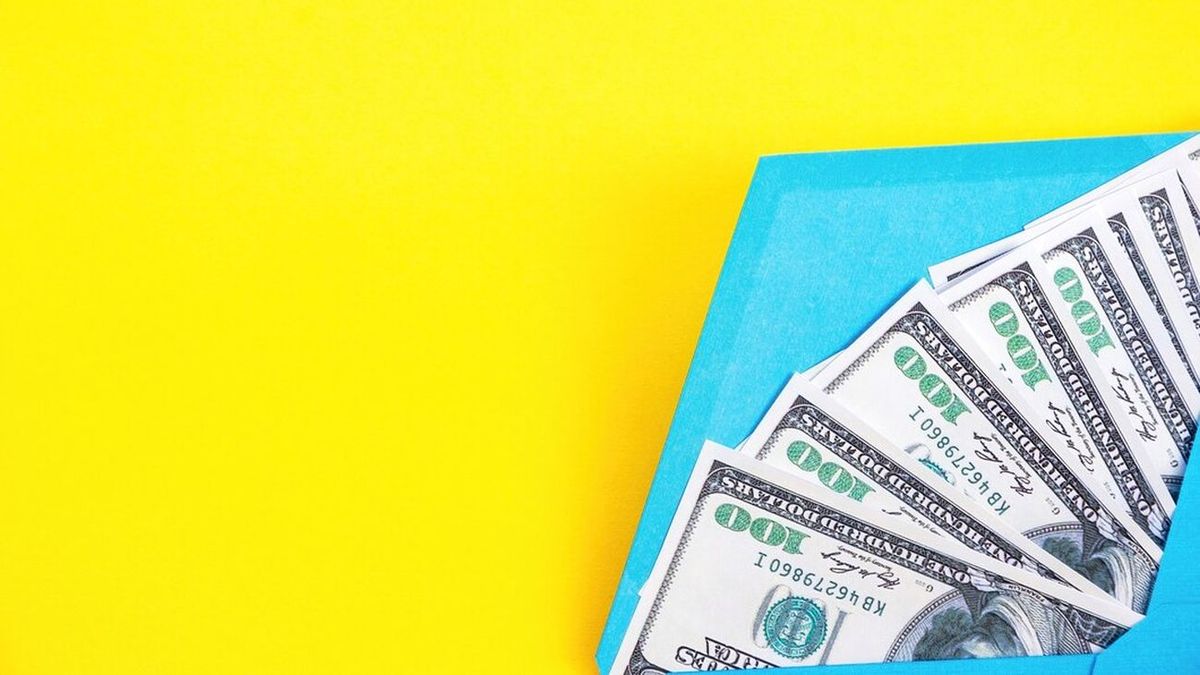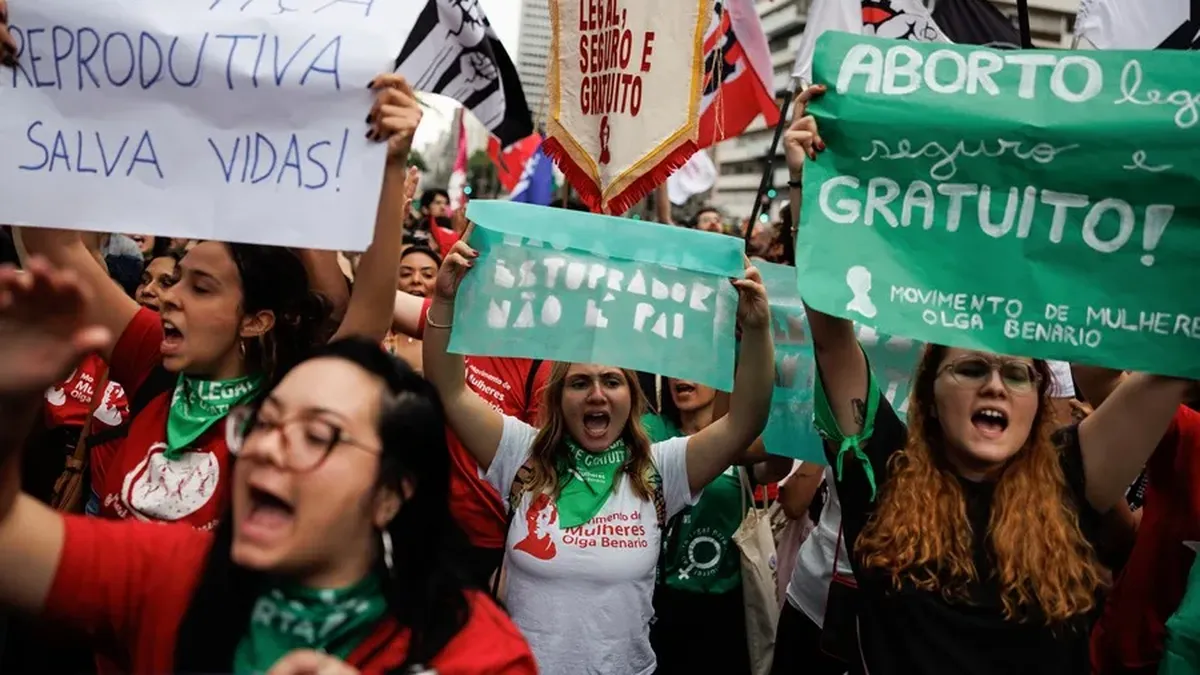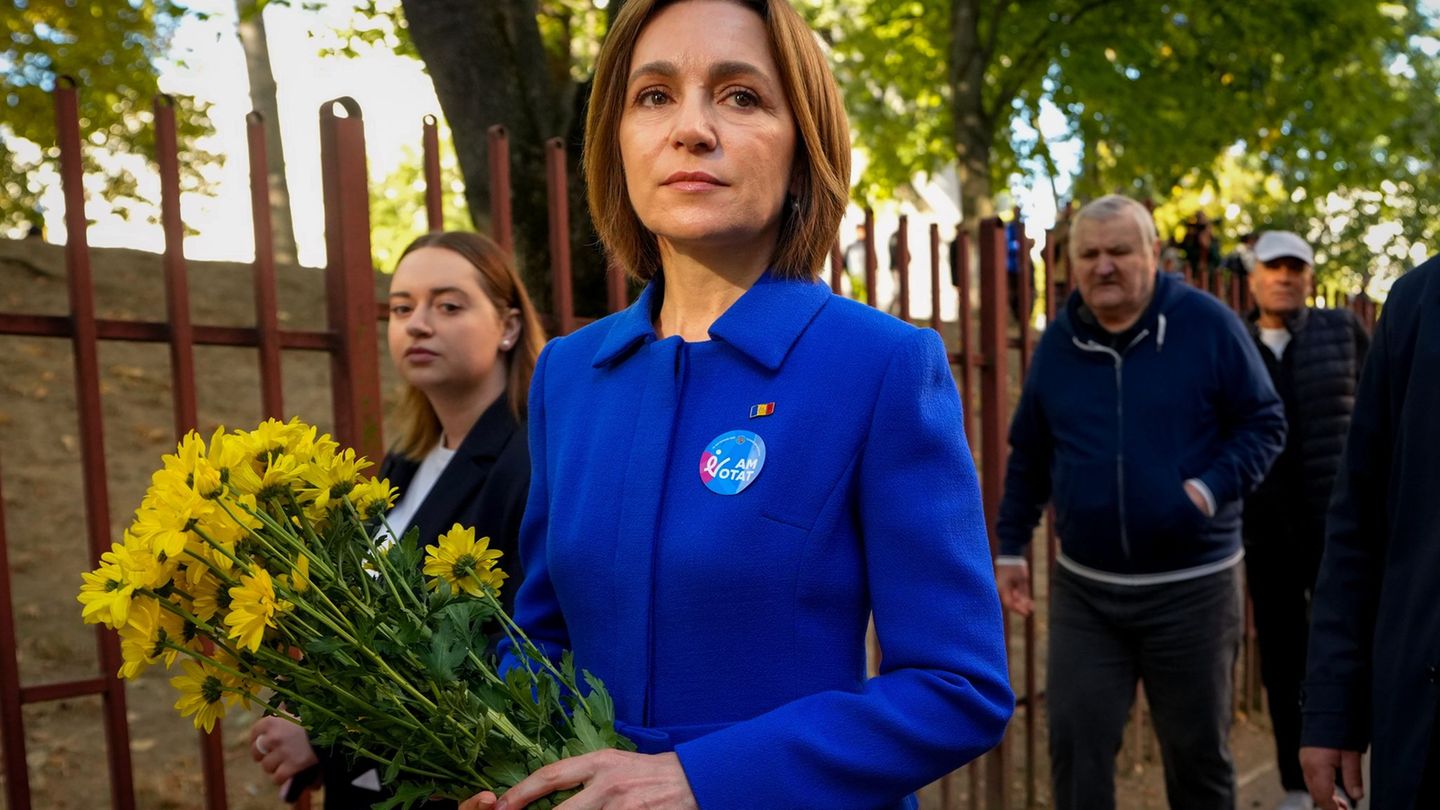The price of the blue dollar fell $2 this Tuesday and settled at $493, after maintaining a course of calm in recent times. It resists breaking the $500 barrier and has been staying in the range between $490 and $495. In a context in which the pre-election race is already underway, analysts are beginning to wonder if it is expensive or cheap and what will happen to the illegal exchange rate, which works as a thermometer of the economy and politics for many.
According to the economist Federico Glustein, currently, it is seeing a constant dollarization process which, however, for the moment, does not move the ammeter of the Dolar blueTherefore, at this moment, the illegal exchange rate seems to be cheap for most of the analysts. However, it all depends on the glass with which you look and what happens in the future is decisive when making that evaluation.
The blue, crouched?
But, as said, in the evolution of the blue dollar market and its analysis is key, the perspective with which it is done and, of course, the relationship between supply and demand. In recent times, this relationship seems to be quite balanced, since the price has moved little.
The economist Joel Lupieri, from Epyca Consultores, considers that, precisely for this reason, “it is expected that a certain delay of the blue will begin to be perceived in comparison to the rest of the goods that move at a rate of +7/8% per month” .
But, on the other hand, it ensures that, in general terms, the current price of the blue dollar seems high given how depressed local wages are. This is a key piece of information considering the fact that those who go to the blue are usually savers looking to protect their pesos against the devaluation of the national currency and inflation.
Blue dollar: what’s coming for July
However, it is clear that, as Gustavo Quintana, from PR Operadores de Cambio, points out, “it is difficult to give an opinion on this issue”, since the rating depends on future expectations. And, in this sense, he acknowledges that, if we stick to the electoral forecasts, it could be said that it is at normal levels.
“If the prognoses are of triumphs of the ruling party, it is cheap, while, if we evaluate it based on what is going to be received in December, with the change of government, it is very cheap,” says Quintana. Thus he maintains that “blue is worth what it has to be worth depending on the reality of the moment”.
And, in this sense, Glustein considers that there are two elements that mark the dynamics of the informal exchange rate this month:
- the first is the electoral context: He points out that there are many expectations about what can happen on the political front in the face of the PASO. He anticipates that “as the election approaches, there is bound to be an exchange rate awakening and overheating likely in the coming weeks.”
- and, on the other hand, considers that it will be important to closely observe the outcome of the agreement with the IMF: “The negotiation with the agency influences whether or not the US$4,000 million enter, which represents 15% of the total reserves, so it is a considerable number to reduce the pressure on the price and the types of change, especially in the parallels”, maintains Glustein.
In the same sense, Lupieri believes that the agreement with the IMF will be key and does not rule out that “a rapprochement between the parties requires some gesture of goodwill on the part of the Argentine government, which may be an adjustment of the crawling peg (the rate of daily microdevaluations of the official dollar).” That, without a doubt, could have a correlate on the price of the parallel.
And, on the other hand, he also points out that inflation will be a figure that investors will have to follow closely when increasing its demand for coverage in the dollar market. “If it accelerates again, from the high levels where it is, it is possible that the prices of the illegal exchange rate go up,” observes Lupieri.
It also mentions that Finally, the compatibility of the tasks between the candidate Massa and his role as minister they will have to play an important role when listening to announcements and promises that could have a full impact on investor sentiment.
“A Massa plus K would surely increase the nervousness of those who demand dollars, both as a refuge for value and for speculation”, he says. And this is an important fact if one takes into account that many savers and investors will choose to go to the illegal exchange rate. If this happens, the pressure of the electoral nature will be a little greater, although good news from the IMF could counteract this trend.
Source: Ambito
I am a 24-year-old writer and journalist who has been working in the news industry for the past two years. I write primarily about market news, so if you’re looking for insights into what’s going on in the stock market or economic indicators, you’ve come to the right place. I also dabble in writing articles on lifestyle trends and pop culture news.




